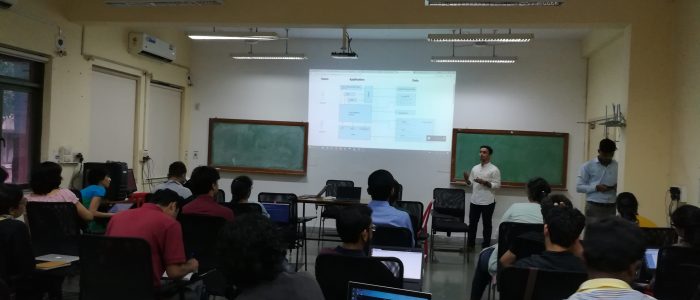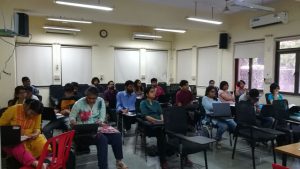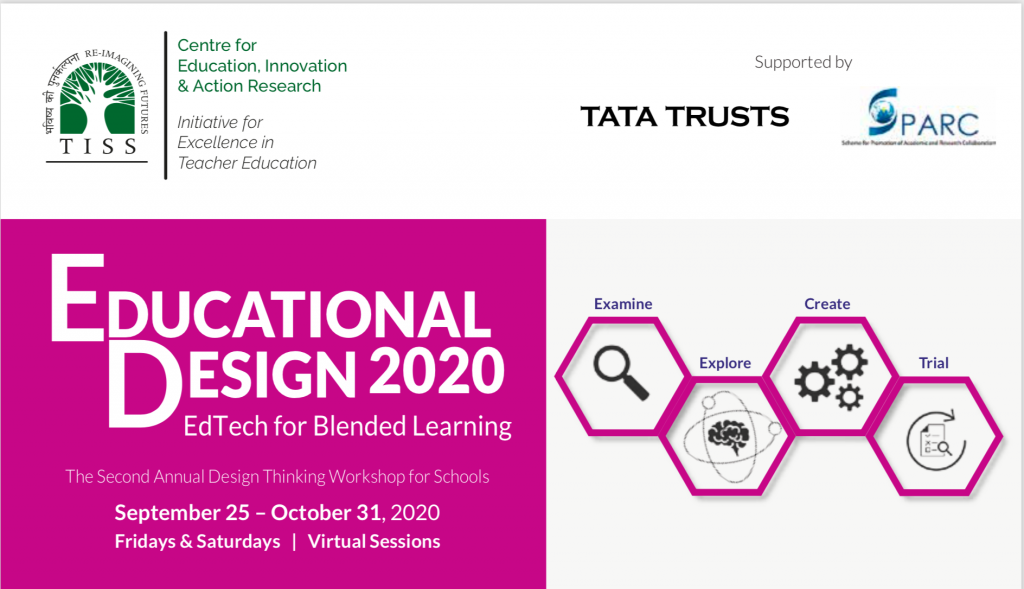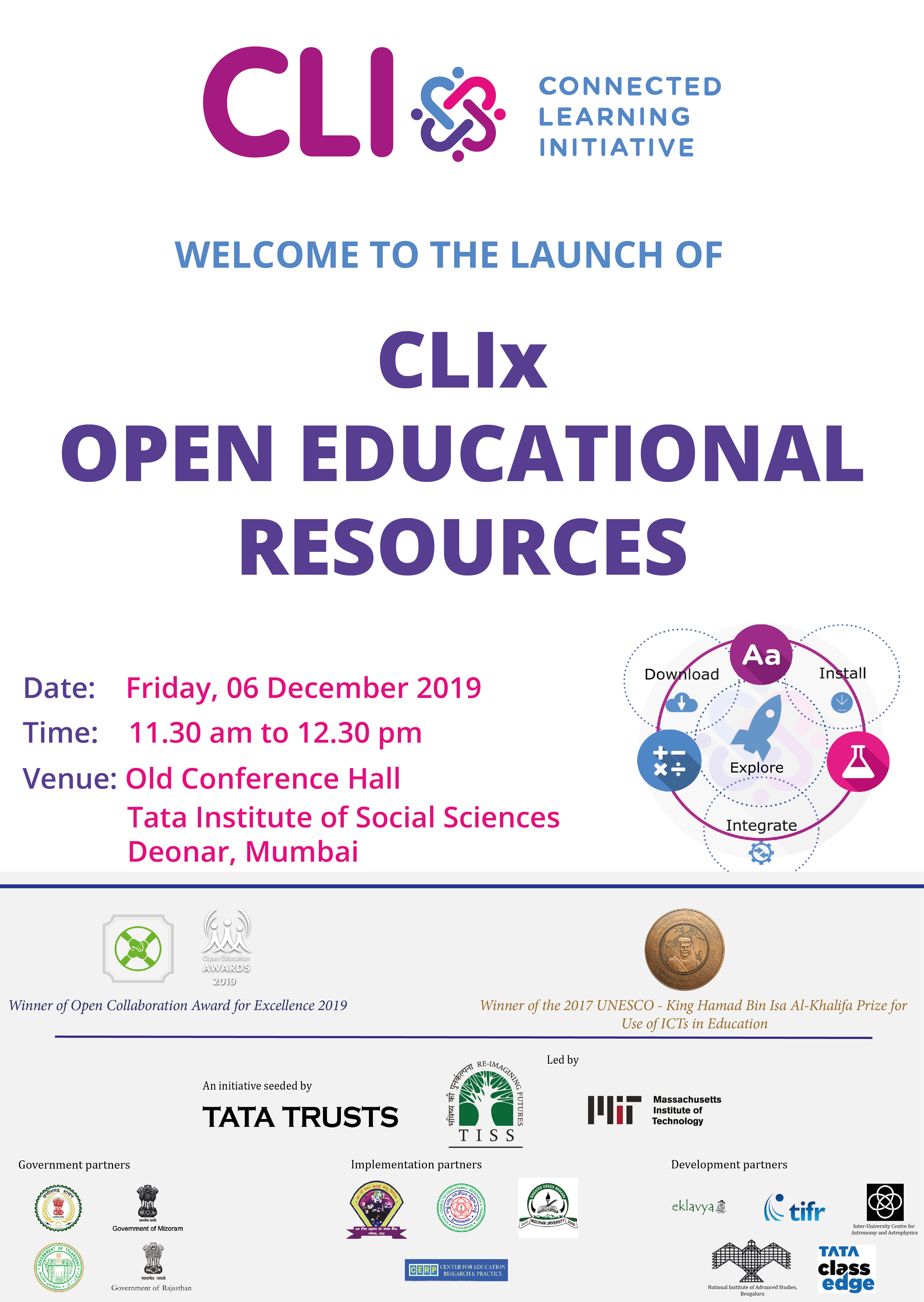Data, the New Oil (21.06.2018 – 22.06.2018)
As Clive Humby, (British mathematician) says, ‘Data is the new oil. It’s valuable, but if unrefined, it cannot really be used. It has to be changed into gas, plastic, chemicals, etc., to create a valuable entity that drives profitable activity; so must data be broken down, analysed for it to have value.’ This fact has been well accepted by all the CLIx teams and led to the CLIx Data Workshop. The tech team and research teams facilitated the process of unravelling the CLIx data mysteries for the implementation and domain teams in this collaborative, hands-on workshop.
The two-day workshop was held on 21 and 22 June 2018 at G1, Olympiad Building, HBCSE, Mumbai. This was the first time when the CLIx platform tech team (Sadaqat M, Kedar A, Saurabh B, Keerthi K.R.D) was leading a workshop, a liability and a responsibility on our shoulders. The session plan was crafted keeping in mind project data requirements and participants. Day one was allocated to an overview of various data points and hands-on data collection sessions. Day two was for open discussion, doubt resolution and research questions. We wanted participants to be prepared with questions, doubts and to recollect the fundamentals of platform and data discussed earlier in calls and workshops. Therefore, before the workshop, we had provided reference material and posted workshop pre-requisites.
The first session of the first day began with dedicated time, place and attention for technology, platform and data. In the first half, we demonstrated core system components of the CLIx platform – gStudio, assessments and tools and their respective data output formats and directories. We started getting questions and doubts from various teams; participants tried to map their thoughts for expected data points to actual data folders. It was logical to learn the various data points before moving to the data collection session. At this point, participants were aware of different data folders and their importance. The second session began with data collection. We demonstrated the simple process of taking backup of school server data to an external hard disk. One member from most teams took backup from the test school server setup to an external pen drive or hard disk. ‘All of us had decided to share project responsibility of data collection. Anyone visiting schools in the field will use this opportunity to take school server backup.’ By this protocol, we need not wait for the field FRC(Field Resource Coordinator) to send data to a centralised server or to Mumbai. This practice has many positive implications:
- Reduced burden on field personnel
- Improved data availability
- Prevention of data loss by mishandling, damage or corruption of school server
In this session, we also demonstrated the scripts to retrieve derived data and how to run those scripts to produce data that can be analysed immediately. On the second day, we explained thin data — what it covers, its advantages and shortcomings. We opened every thin data point output and explained in detail. We also attended to queries and clarified ambiguities. The participating teams came with printouts of questions, thanks to the preparation for the workshop. This day was completely interactive, involving active participation from both sides.
Here’s hoping that we have fulfilled the objectives of this workshop. Participants completed the workshop with minor(25%), some(50%), moderate(75%) or complete(100%) understanding of data. It was a capacity building workshop in which the tech team has empowered the CLIx teams and triggered them to think and to understand the scope and process of data. The experience was empowering to the tech team as well because it showed what and how the research and domain teams think about and visualise data and how together we can mine this new virtual mine and bring forth meaningful and powerful insights about learning, engagement, monitoring and more.
Wish to have great insights of efforts of all of us through data!
Kedar H. Aitawdekar, Lead Software Developer, Centre for Education, Innovation & Action Research, TISS





